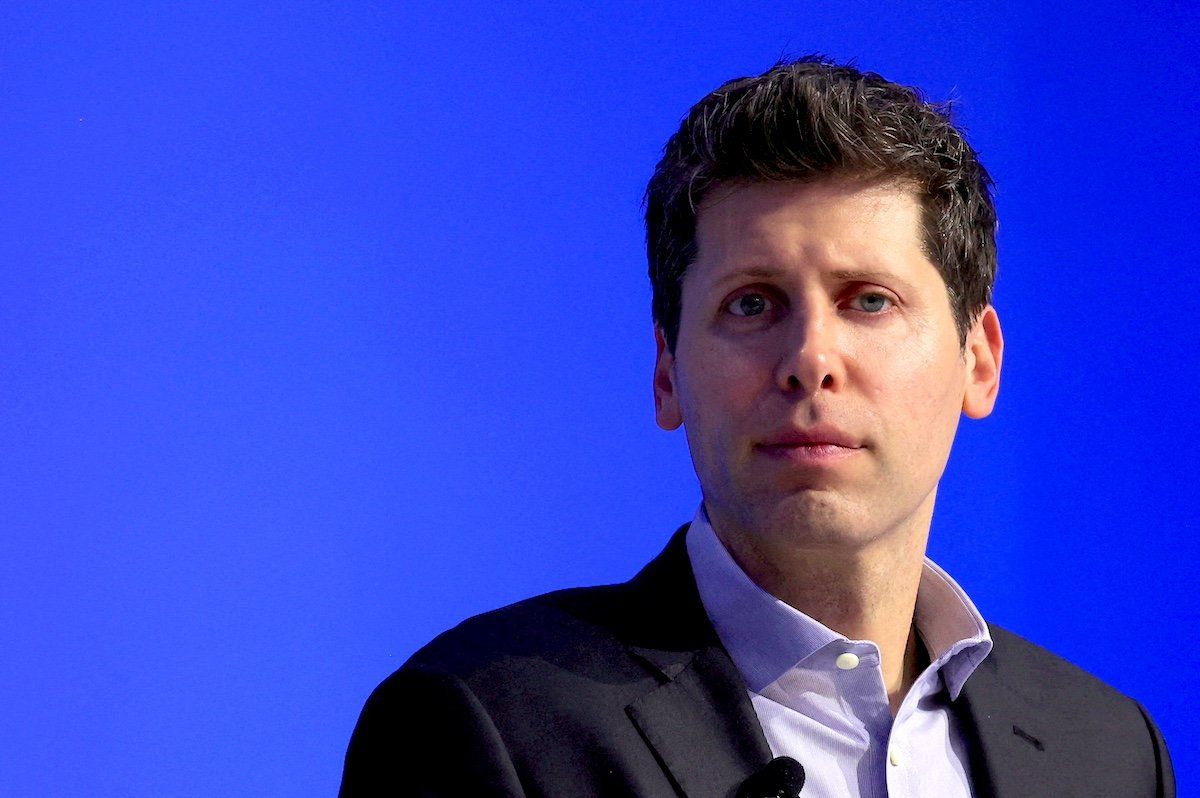Sam Altman, CEO of OpenAI, attends the Asia-Pacific Economic Cooperation CEO Summit in San Francisco, California, back in November 2023.
Sam Altman, the co-founder and CEO of OpenAI, has broad ambitions to solve all of the problems of AI, from algorithms to high-tech chips. But there’s one more problem on his plate: energy. Altman is backing a series of companies that hope to find a way to power the revolutionary tech, literally.
One of the startups Altman invested in is called Oklo, which is building a nuclear power plant in Idaho that could eventually power energy-guzzling data centers that AI depends on, but there is no clear public timeline for the project. Google and Microsoft have also partnered with nuclear power firms for their energy needs.
Nuclear energy comes with risks, of course, and Oklo has had trouble with regulators, which rejected applications in the past based on the lack of safety and security information provided. But going nuclear — if companies like Oklo can get it right — is also a cleaner alternative to more carbon-emitting energy sources.